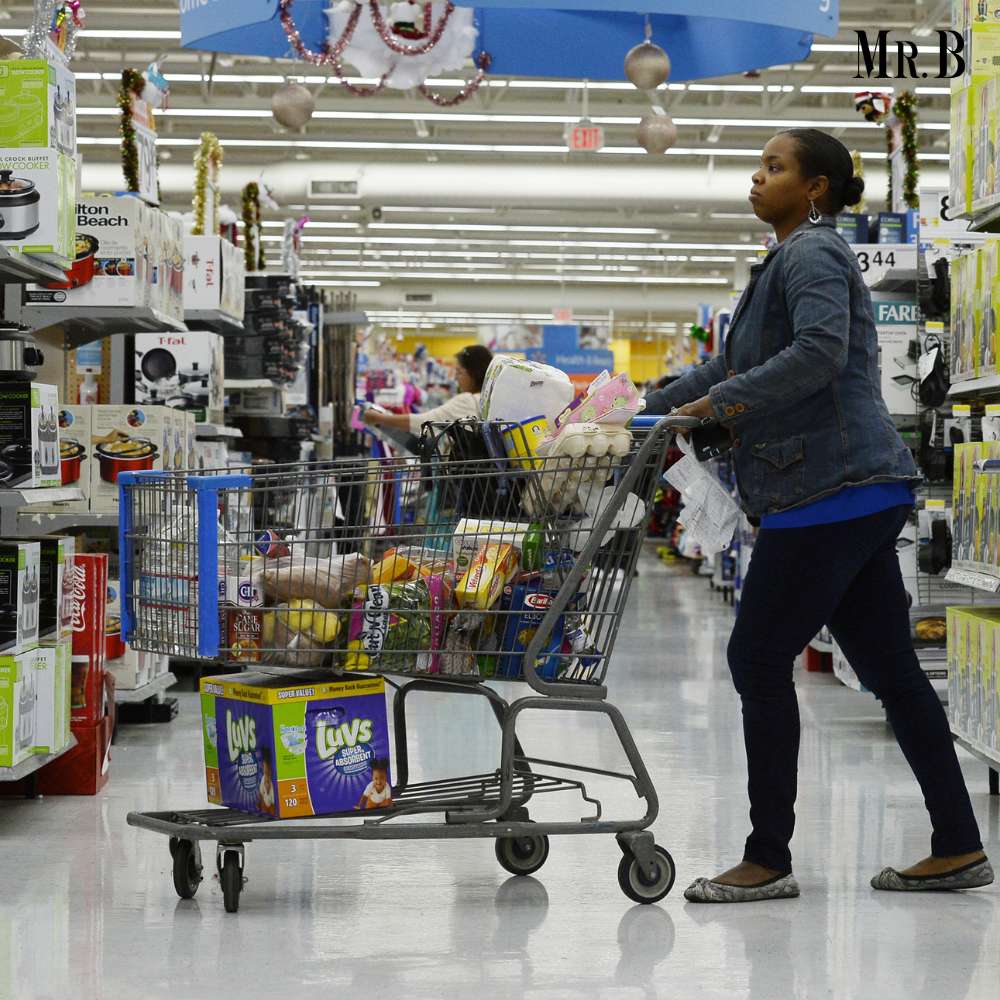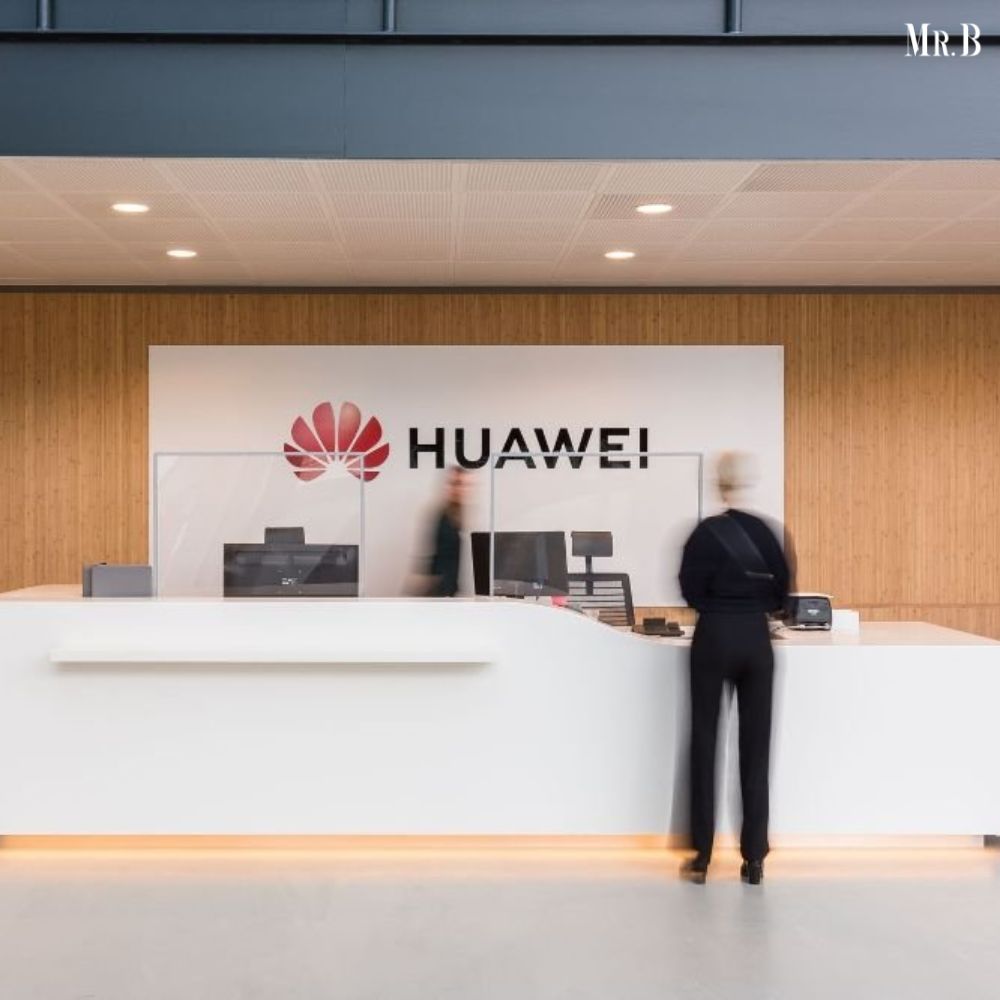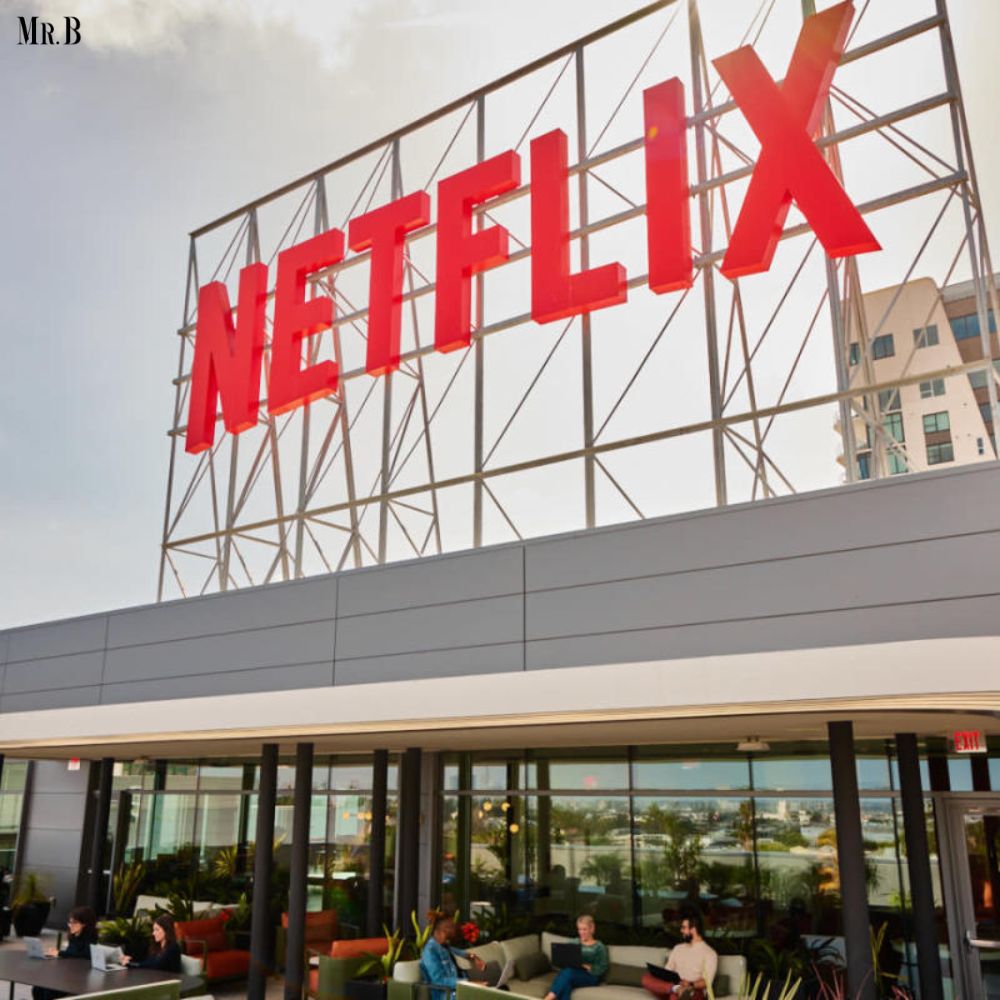Consumer Spending Takes a Dip in January, Raising Economic Concerns
- Category: News

In a recent report, the Commerce Department highlighted a significant decline in consumer spending for January, sparking concerns about potential economic implications. According to the Census Bureau, advance retail sales fell by 0.8% in the first month of the year, following a downwardly revised 0.4% gain in December. While economists surveyed by Dow Jones had expected a decrease of 0.3%, the actual pullback exceeded expectations. Even when excluding auto sales, the figures revealed a 0.6% drop, considerably below the anticipated 0.2% gain.
Inflation-Adjusted Consumer Spending Trails Behind Price Increases
The report, adjusted for seasonal factors but not inflation, indicated that consumer spending lagged behind the pace of price increases. On a year-over-year basis, sales showed a meager increase of just 0.6%. In contrast, headline inflation rose by 0.3% in January, reaching 0.4% when excluding food and energy prices, as reported by the Labor Department on Tuesday. The year-over-year readings for inflation were 3.1% and 3.9%, respectively.
Sales in specific sectors reflected this decline, with building materials and garden stores experiencing a notable 4.1% drop. Miscellaneous store sales and motor vehicle parts and retailers also saw declines of 3% and 1.7%, respectively. Gas station sales decreased by 1.7%, aligning with lower prices at the pump. However, there was a slight positive note as restaurants and bars reported a 0.7% increase.
Economic Implications and Future Outlook
The control group of retail sales, excluding items like food service, autos, gas, and building materials, fell by 0.4%. This number directly influences the Commerce Department’s calculations for gross domestic product (GDP). Consumer spending has been a key driver of the robust U.S. growth in recent times, with spending accelerating by 2.8% in the fourth quarter of 2023. Despite widespread predictions for a recession, the economy managed a 2.5% rise in GDP for the entire year.
While some analysts see the January dip as a consequence of seasonal factors and holiday shopping peaks in December, concerns about the impact of high inflation persist. Robert Frick, corporate economist for Navy Federal Credit Union, acknowledged the weakness in the report but emphasized that it might not signify a fundamental shift in consumer spending. He pointed out that with real wage gains and increasing employment, the economy should continue expanding, albeit with challenges ahead. In a separate economic report, labor market strength was highlighted, providing a critical bedrock for the overall economic picture.







